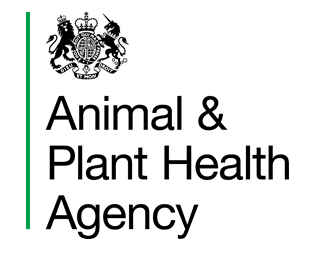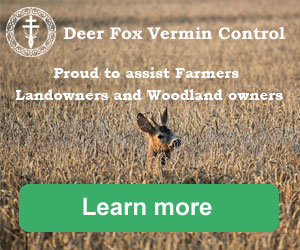Note: Bluetongue does not affect human health or food safety.
Department for Environment, Food & Rural Affairs and Animal and Plant Health Agency
Latest Update The UK’s Chief Veterinary Officer has urged farmers to remain vigilant for bluetongue virus. There has been a recent increase in confirmed BTV-3 cases in the Netherlands, Germany and Belgium with some animals showing severe clinical signs.
Farmers are reminded that free testing is now available for animals moving from the highest risk counties to live elsewhere in Great Britain or to be sold at a market within a high-risk county where there will be buyers from outside the high-risk counties. This will help guard against animal movements potentially transporting undetected disease to new areas. The high-risk counties are Norfolk, Suffolk, Essex, Kent and East Sussex.
Bluetongue affects:
- sheep
- cattle
- other ruminants such as deer and goats
- camelids such as llamas
It does not affect people or food safety, but outbreaks can result in prolonged animal movement and trade restrictions.
The last outbreak in England, Scotland or Wales was in 2007.
Deer Stalkers in the South East to be extra vigilant when handling deer carcasses.
Check thoroughly for the symptoms which are:
• ulcers or sores in the mouth and nose
• discharge from the eyes or nose and drooling from mouth
• swelling of the lips, tongue, head and neck.
If bluetongue is suspected then you must notify the Defra rural services helpline on 0300 0200 301. If you are within the Temporary Control Zone then movement of carcasses is prohibited.
For more information on how to identify and report bluetongue, click here.





















